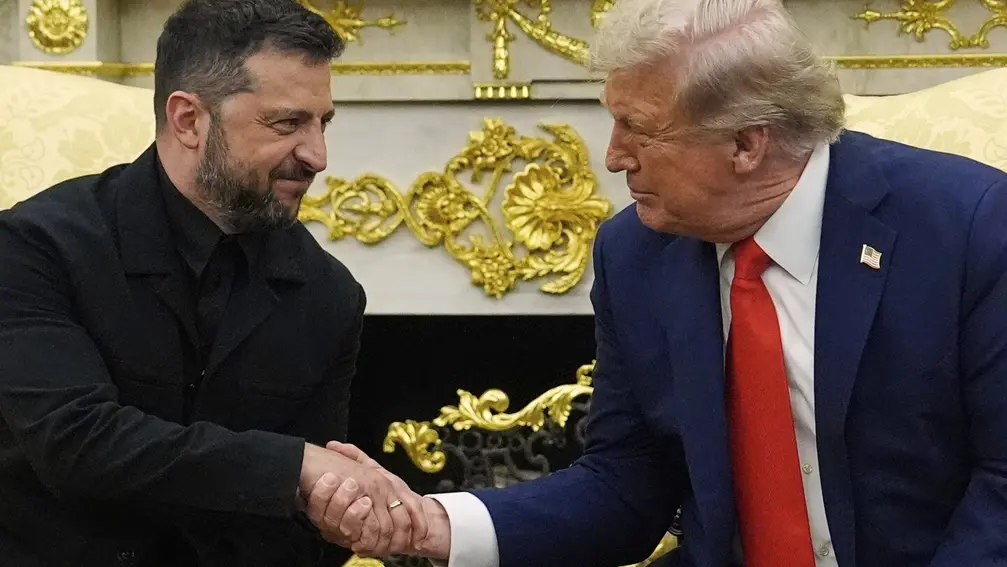T4K3.news
Russian Media Downplays Ukraine Trump White House Meeting
Russian state media downplays the White House talks, focusing on the Putin Trump call and questioning Western steps.
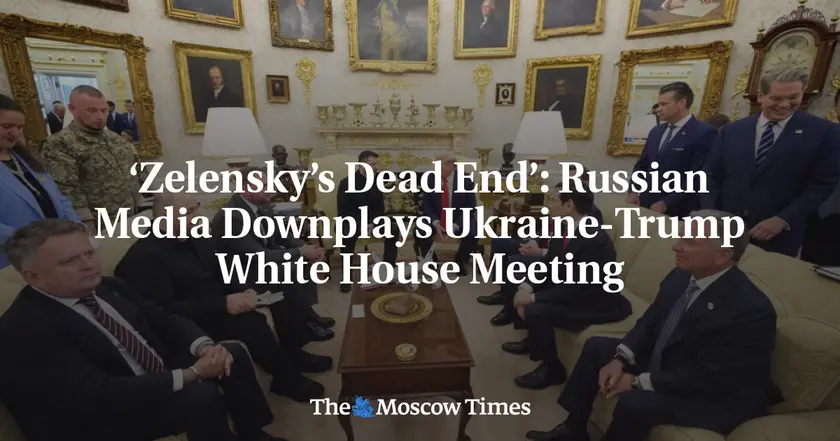
Russian state outlets minimize the outcomes of the White House talks while highlighting the Putin Trump phone call and questioning Western steps.
Russian Media Downplays Ukraine Trump White House Meeting
Russian state television and pro-Kremlin media largely downplayed the results of Monday’s White House gathering that involved Trump, Zelensky and a slate of European leaders. The focus was on the Putin Trump call, which authorities described as productive, and on the idea that Western decisions in the coming days may do little to help Kyiv. Rossiya 1 led with Ushakov’s remarks about beginning arrangements for a Putin Zelensky meeting, while Channel One tied the coverage to the Alaska summit and stressed ongoing dialogue between Moscow and Washington.
In contrast, pro-Kremlin tabloids offered a harsher read. Moskovsky Komsomolets ran a headline about the limited relief the meeting produced, and Komsomolskaya Pravda framed Zelensky’s predicament in stark terms, with headlines that point to a dead end and tensions during the group photo. The mix of tone across outlets shows how Russian media can frame a diplomatic moment to fit rival narratives within the Kremlin media ecosystem.
Key Takeaways
"Putin and Trump expressed support for the continuation of direct negotiations"
Quoted by Rossia 1 describing Ushakov's remarks
"Zelensky’s Dead End: Trump Clashed Hard with Merz Over Ukraine at the White House and Called Putin"
Headline in Komsomolskaya Pravda
"At Least They Didn’t Fight Ukraine Reacts to the Outcome of White House Talks"
Headline in Moskovsky Komsomolets
State media in Russia often uses diplomacy as a stage for signaling power rather than delivering clear outcomes. This coverage pattern can shape public perceptions by prioritizing high-stakes symbolism—like the Putin Trump call—over substantive policy shifts. The divergence between channel news and tabloid commentary reveals how Kremlin-aligned outlets calibrate messaging for different audiences, from officials who seek to reinforce Moscow’s diplomatic relevance to the domestic audience watching for drama and blame. The Alaska backdrop and the repeated emphasis on direct negotiations suggest that Moscow wants to present itself as the central broker of Western-Russian talks, even as Western decisions remain the ultimate lever in policy. The risk is that a steady diet of selective framing can dull critical scrutiny of real consequences for Kyiv and European partners.
Highlights
- Dramatic framing outruns real diplomacy
- The stage can outshine the substance of talks
- Media loyalty to a narrative hides messy outcomes
- Public memory moves faster than policy
political sensitivity risk
The piece engages with ongoing political tensions and state media narratives in Russia, which could provoke policy or public backlash. It highlights how audiences may interpret Western diplomacy through a Kremlin framing.
The narrative choices now will shape how audiences expect future diplomacy to unfold.
Enjoyed this? Let your friends know!
Related News
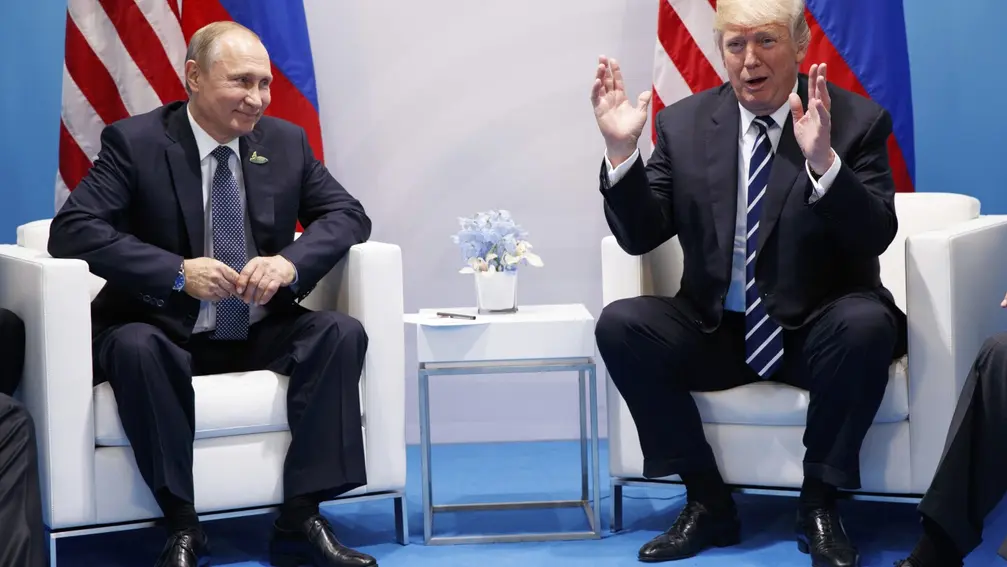
Trump Putin Alaska meeting stirs Ukraine war context
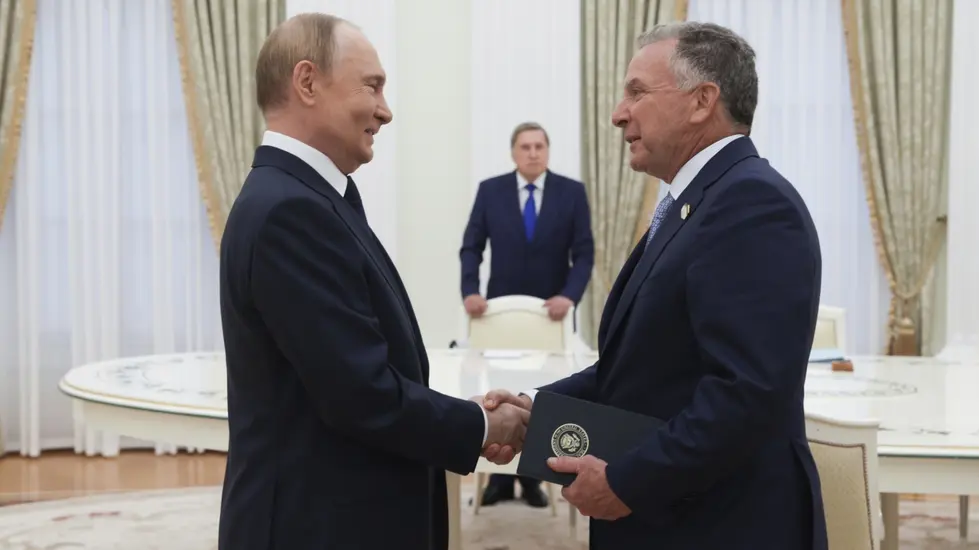
Trump and Putin plan meeting to discuss Ukraine
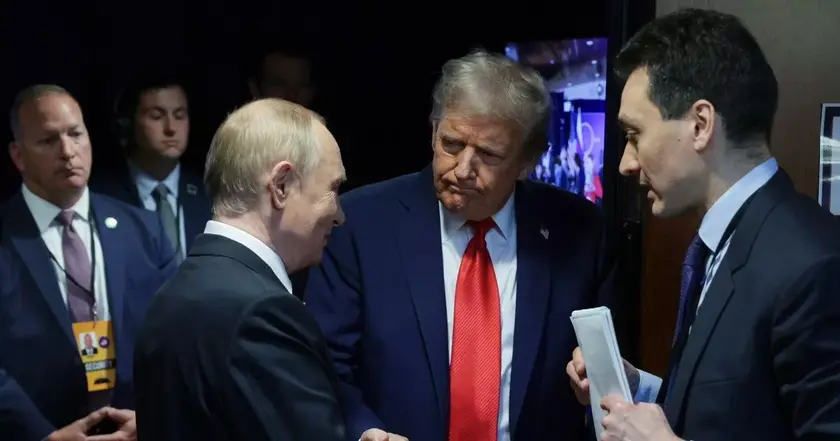
Kremlin photo shows Trump Putin private talks

Europe to fund Ukraine defense continues
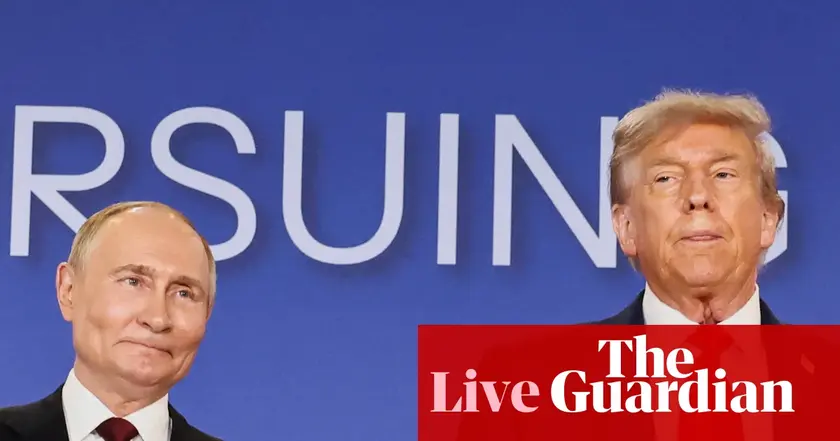
Alaska summit leaves Ukraine on edge
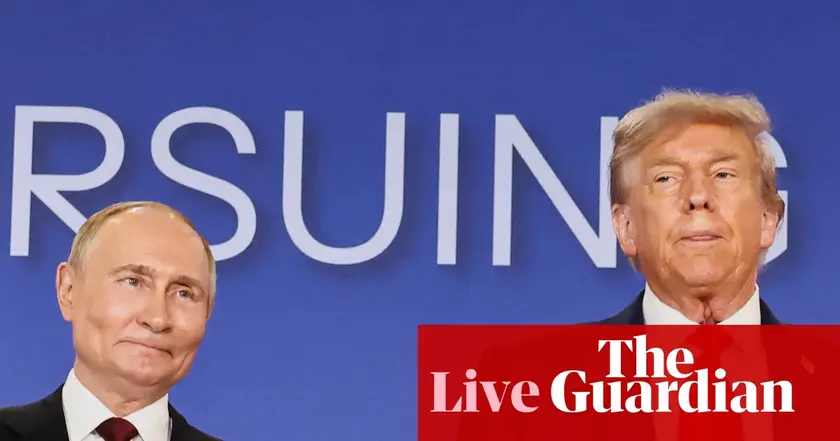
Trump Putin Alaska summit yield no breakthrough
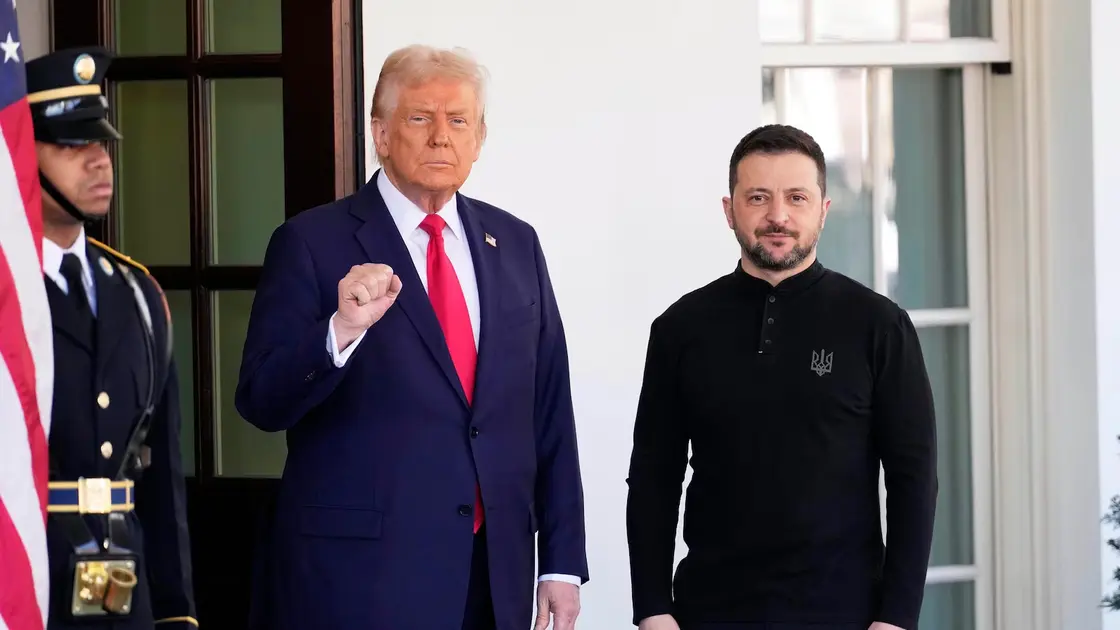
Trump sets stage for Zelenskyy visit
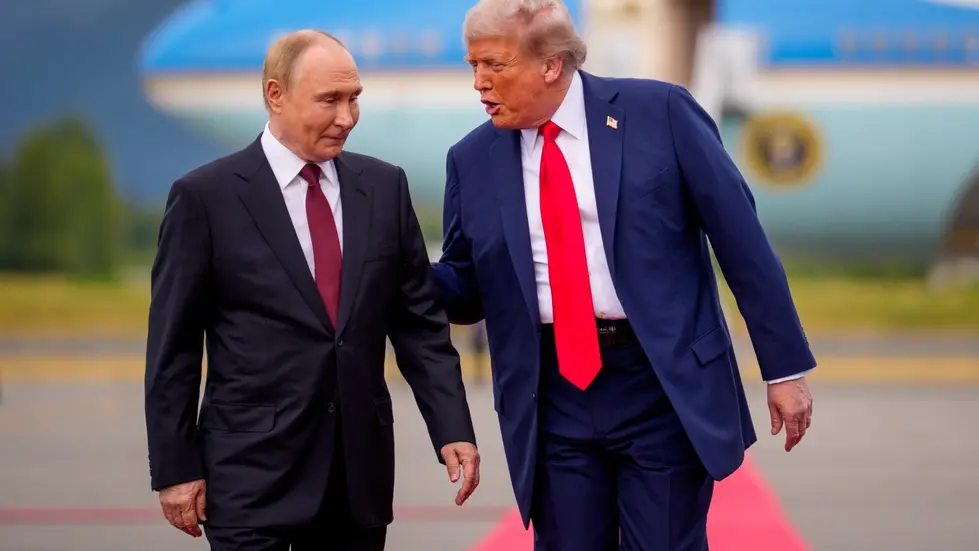
Trump shifts stance after Putin meeting
